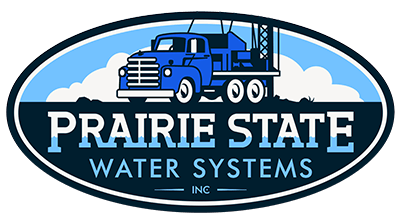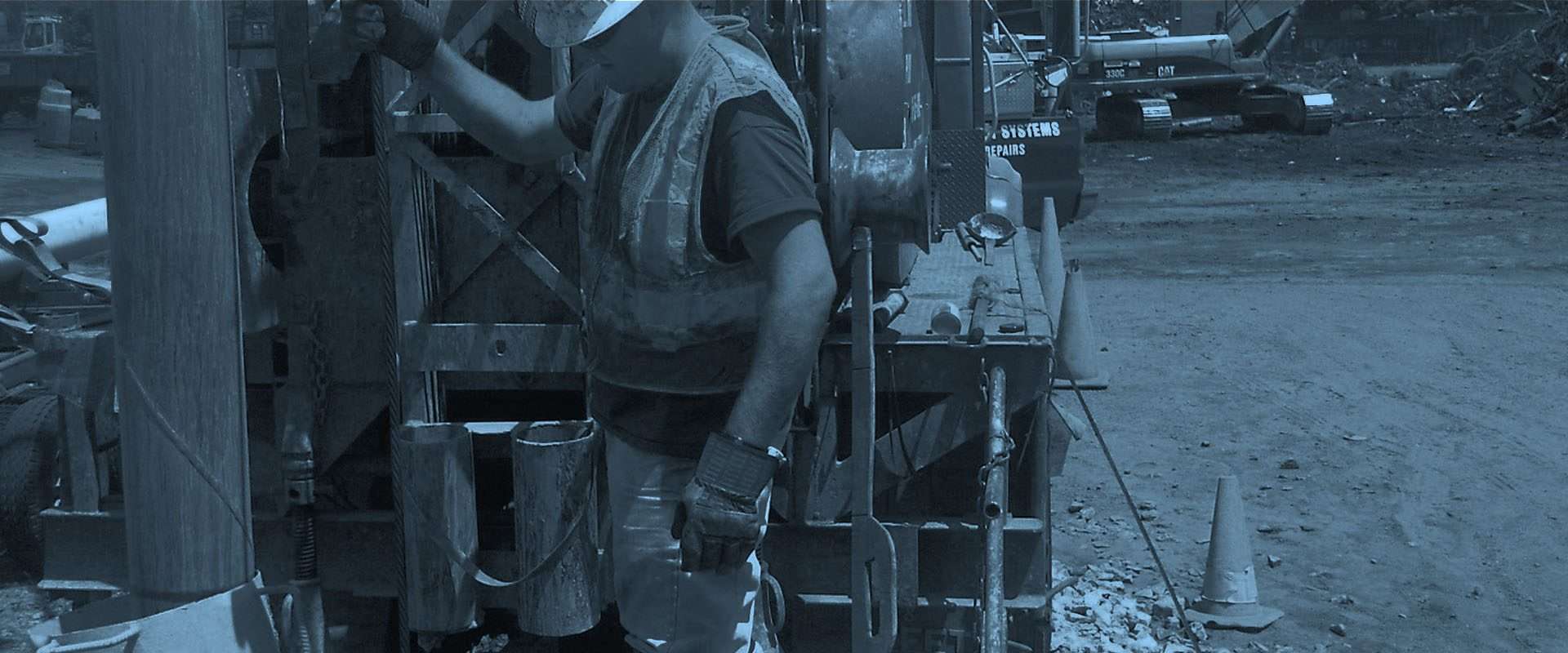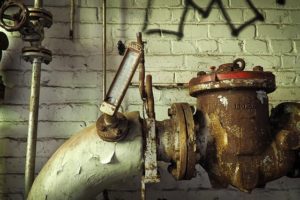24 Mar What Well Owners Need to Know about Lead
The recent lead issues in Flint, MI have sparked many to become concerned about their own wells and water supplies. Here is some helpful information about testing and removing lead from well water:
Why is Lead a Concern?
Lead is a metal that occurs naturally in the environment. It is poisonous to humans and animals when consumed. Among other things, lead is commonly used in building construction, lead-acid batteries, bullets, weights and as a radiation shield. It also has been used in various components in household plumbing and well systems.
Commonly Asked Questions about Lead in Well Water
What do well owners need to know about their well water system and lead? Fortunately, for private well owners, the presence of lead in groundwater tends to be very small and almost undetectable.
Where do well owners commonly find lead? Lead is a greater concern and more likely to be present in galvanized steel pipes, brass plumbing fixtures or well components, and solder used to connect pipes and joints. Although the lead content allowed in these plumbing and well components has been greatly reduced—most recently in 2014—it can still be a health risk for houses and/or well systems that pre-date federally mandated lead content reductions. No amount of lead is safe, according to the National Institute of Health Sciences.
What affects how much lead leaches into your well water?
The two biggest factors that determine the likelihood that lead is present in your well water and its potential to get into your water supply are
- The length of time water is in contact with lead before being used
- The corrosiveness of the water due to either high pH or low pH.
How to Correct a Well Water Lead Issue
A water well system contractor can perform a professional well inspection and determine the source of the lead in your water. A professional well inspection will include a thorough examination of the groundwater and inspect your well system for any components that contain higher lead levels. A plumber may be able to help in identifying the sources of lead in the household plumbing. If household plumbing or well system components are the source of unsafe levels of lead, the homeowner has three options:
- Replace Well Pump and System Components – Repairing and replacing problematic components that meet current federal requirements is the first step to reducing lead concerns. Prairie State Water technicians are experienced, qualified, and licensed – contact us about well pump and water system repair services.
- Well Water Treatment – Maintain a high quality of well water with appropriate treatment technologies.
- Flush The Water Supply – Remove the well water that lead has leached into – often water that has been sitting in your water system for a long time (such as overnight). You may need to take several water samples from different taps to confirm lead reduction in drinking water. Water that is being flushed can be used for purposes that do not involve ingestion.
Call Prairie State Water’s Marseilles office at 815-357-8300 to learn more about customized water treatment plans and water sampling.
Three Recommendations from The National Sanitation Foundation
- “Potential treatment options for lead can include filters, reverse osmosis units, and distillers. Make sure the system is certified under NSF/ANSI standards for lead reduction, which means that the system has been independently verified to be able to reduce lead from 0.150 mg/L to 0.010 mg/L or less.
- “If you have a private well and have high lead levels, the problem could be due to low pH. When pH levels drop below 7.0, water becomes acidic which can cause lead to leach from plumbing fixtures. Acid neutralizing systems are generally used to correct this situation. By adding a chemical like soda ash to the water to boost pH above 7.0, the system can help reduce both lead and copper leaching attributable to low pH.
- “If you do choose to use a water treatment system, remember that most water treatment systems have replaceable components or require regular service, so be sure to follow the manufacturer’s maintenance instructions and replace filters at the recommended interval.”




Sorry, the comment form is closed at this time.